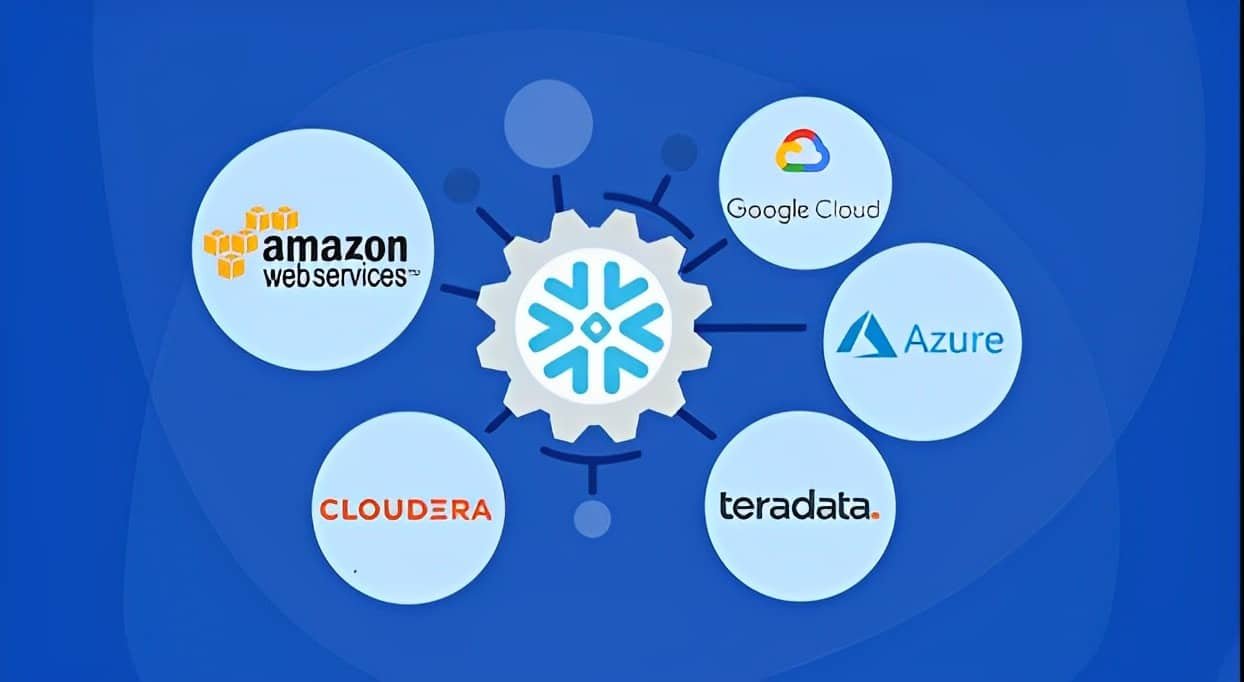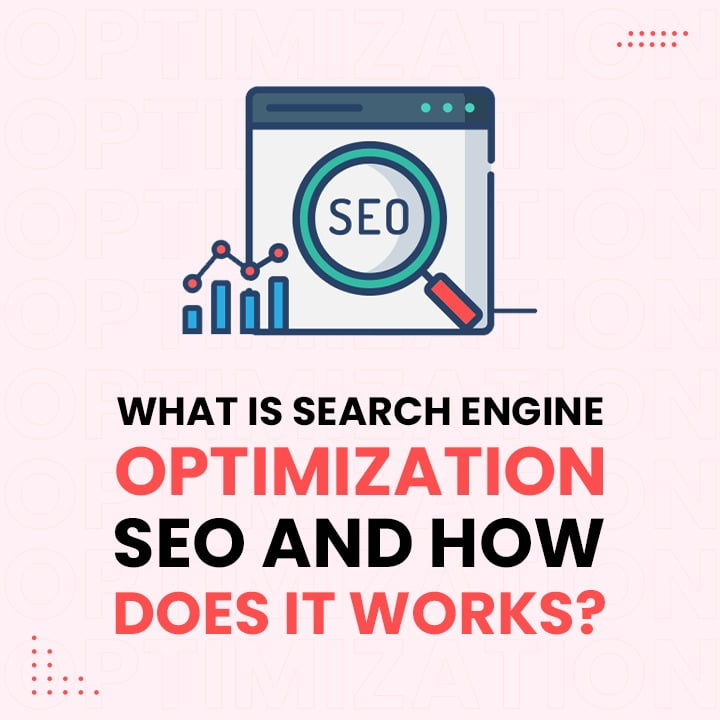Machine Learning
Delve into the world of machine learning with insights on algorithms, models, and techniques that drive AI advancements. Explore practical applications, trends, and resources to master machine learning and leverage it for business solutions, data analysis, and automation
 Read Full Article: Embracing the Cloud | Advantages of Leveraging Cloud Servers in 2023
Read Full Article: Embracing the Cloud | Advantages of Leveraging Cloud Servers in 2023Embracing the Cloud | Advantages of Leveraging Cloud Servers in 2023

|
Discover the power of leveraging cloud servers in 2023. Embrace the advantages of AI-driven cloud technology for seamless growth and efficiency. 🌐 #CloudServers #AI2023
 Read Full Article: From Startups to Success: Understanding Virtual Reality Software Development
Read Full Article: From Startups to Success: Understanding Virtual Reality Software DevelopmentFrom Startups to Success: Understanding Virtual Reality Software Development

|
Unlocking the Path to Success: Delve into Virtual Reality Software Development with Expert Insights! Discover the dynamic world of software development in the realm of…
 Read Full Article: How to Choose the Best Contact Center Services for Your Enterprise
Read Full Article: How to Choose the Best Contact Center Services for Your EnterpriseHow to Choose the Best Contact Center Services for Your Enterprise

|
Choosing Contact Center Services Explained Introduction In today’s fast-paced business environment, providing exceptional customer service is crucial for the success of any enterprise. A well-functioning…
 Read Full Article: Node js Best Practices To Follow In 2023
Read Full Article: Node js Best Practices To Follow In 2023Node js Best Practices To Follow In 2023

|
There are many powerful frameworks in 2023 to use. But it can be incoherent to you, as to which is the best. Don’t worry, and…
 Read Full Article: The Ins And Outs of Application Re-Engineering – How to Scale Up Innovation?
Read Full Article: The Ins And Outs of Application Re-Engineering – How to Scale Up Innovation?The Ins And Outs of Application Re-Engineering – How to Scale Up Innovation?

|
In today’s evolving technological landscape, innovations occur post-haste. These advancements need enterprises to be relevant and competitive. One best ways to develop a competitive edge…
 Read Full Article: Why Fintech Development is the Future of Financial Services
Read Full Article: Why Fintech Development is the Future of Financial ServicesWhy Fintech Development is the Future of Financial Services

|
As someone who has always been fascinated by the evolving landscape of financial services, I can confidently say that fintech development is the future of…
 Read Full Article: Discover the Top 5 Competitors to Snowflake In 2023
Read Full Article: Discover the Top 5 Competitors to Snowflake In 2023Discover the Top 5 Competitors to Snowflake In 2023

|
Discover Snowflake’s top rivals and alternatives in cloud-based data management. Evaluate each service and select the best option for your company with our guide.
 Read Full Article: Top Cybersecurity Predictions for 2023
Read Full Article: Top Cybersecurity Predictions for 2023Top Cybersecurity Predictions for 2023

|
In this digital age, cyber threats are on a steady rise, and it is becoming a pressing concern for organizations worldwide. As technology continues to…
 Read Full Article: What is search engine optimization SEO and how does it work?
Read Full Article: What is search engine optimization SEO and how does it work?What is search engine optimization SEO and how does it work?

|
SEO refers to Search engine optimization. It is a set of rules for optimizing your website so that it can achieve higher rankings in search…
 Read Full Article: ISO 13485: Quality Management System for Medical Device Manufacturing
Read Full Article: ISO 13485: Quality Management System for Medical Device ManufacturingISO 13485: Quality Management System for Medical Device Manufacturing

|
Medical device manufacturing is a complex and highly regulated industry. Companies in this sector face a number of challenges, including stringent safety and quality requirements,…
 Read Full Article: How Secure is Biometrics for Digital Services
Read Full Article: How Secure is Biometrics for Digital ServicesHow Secure is Biometrics for Digital Services

|
Numerous aspects of people’s daily lives are now secured by biometrics technology. A few of the first uses of biometric methods were fingerprint recognition in…












